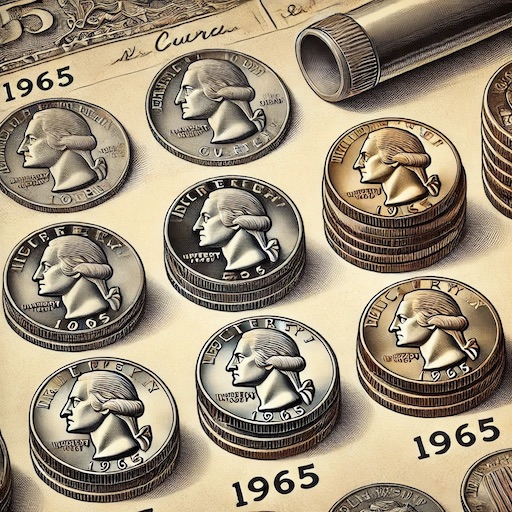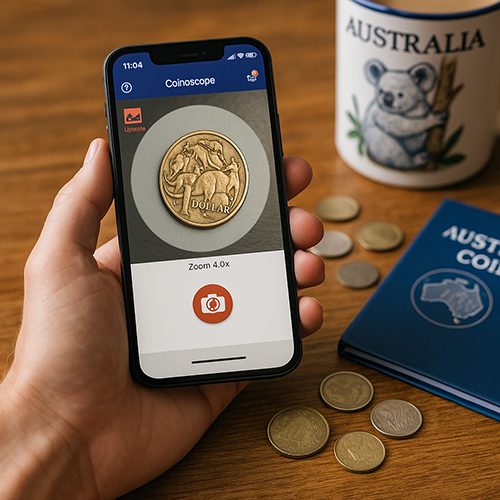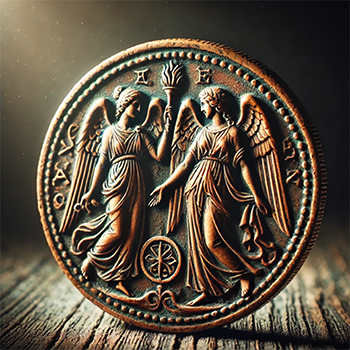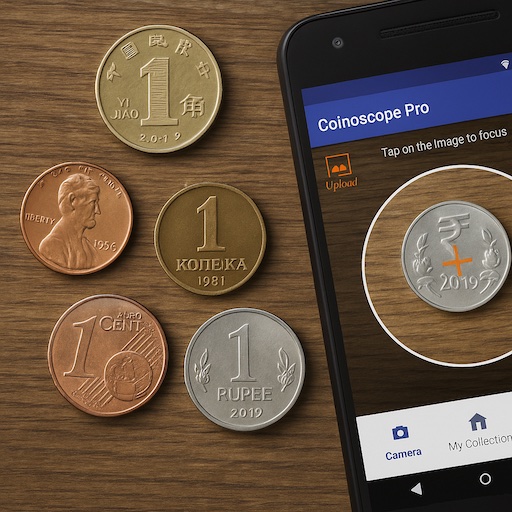
The Most Minted Coins in the World: Top 5 by Volume
Have you ever wondered which coin holds the title of the most minted in history? Is it a rare collector's piece? A gold coin from an empire long gone? Surprisingly, it's none of those. The most minted coins are often the smallest in value but the biggest in numbers — essential for daily transactions, pocket change, and vending machines.
Let's explore the most massively produced coins that have quietly shaped economies and fascinated collectors worldwide.
1. The U.S. Lincoln Cent – Over 500 Billion Minted
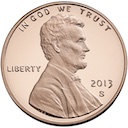
When it comes to raw numbers, nothing beats the Lincoln penny.
* **First issued**: 1909 (to commemorate Abraham Lincoln's 100th birthday)
* **Minted units**: Estimated **500+ billion** (Read more: Lincoln Cent Mintages)
* **Fun fact**: The Lincoln cent is still in production today, making it the **longest-running U.S. coin design**.
Despite its low purchasing power, the penny is a cornerstone of American coinage. It has gone through several material changes — from pure copper to copper-plated zinc — and has become a cultural icon in its own right.
2. Chinese 1 Jiao & 1 Yuan Coins – Billions Circulating
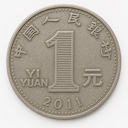
China's massive population means that even small-denomination coins are produced in staggering quantities.
* **1 Jiao** (1/10 RMB) and **1 Yuan** coins are minted **in the tens of billions** annually.
* While precise lifetime totals are difficult to verify, these coins are used by over **a billion people** every day.
Though often overshadowed by banknotes and digital payments in China, coins remain crucial in rural areas, public transportation, and vending machines.
3. Soviet 1 Kopek – A Relic of Socialist Industry
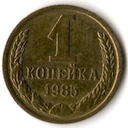
During the Soviet era, 1 kopek coins were as common as air — and almost as undervalued.
* **First minted**: 1926
* **Estimated total**: Tens of billions before the Soviet Union dissolved in 1991
* **Composition**: Primarily aluminum-bronze
These tiny bronze coins were issued in enormous quantities to support a centrally planned economy, and many still survive in Eastern Europe and former USSR states.
4. Euro 1 and 2 Cent Coins – Billions Minted Since 2002
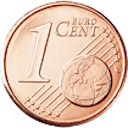
Since the euro's introduction in 2002, its smallest denominations have flooded the continent.
* **Minted across**: All eurozone countries
* **Usage**: Common in daily purchases, though increasingly phased out in some regions (e.g., Finland, the Netherlands)
* **Estimated production**: Over **100 billion coins** combined
Collectors often hunt for low-mintage years or country-specific variants, especially from smaller states like Monaco or San Marino.
To easily identify and catalog euro coins by country, year, and variant, euro collectors use tools like the CoinDetect app, which recognizes euro coins from a photo and provides detailed information instantly.
5. Indian 1 Rupee & 50 Paise Coins – Carriers of Change
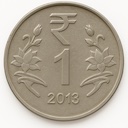
India's 1 rupee coin is one of the most heavily used denominations in the world.
* **First issued**: 1950
* **Used by**: Over 1.4 billion people
* **Minted at**: Four Indian mints (Mumbai, Hyderabad, Noida, Kolkata)
The sheer scale of India's economy and population ensures a high annual minting volume, with billions of coins circulating throughout the country.
Why Does This Matter to Collectors?
While high-mintage coins may seem too "common" to be valuable, they often hold historical, design, and cultural value:
* **Mint marks and errors**: Some of the most valuable coins in circulation started as everyday currency — until an error made them rare.
* **Design changes**: Common coins often go through subtle design updates that intrigue collectors.
* **Global perspective**: Coins like the Lincoln cent or 1 rupee reflect entire eras of economic and social change.
Final Thoughts
The next time you hold a humble penny or a scratched 1 rupee coin, remember — you're handling a piece of history shared by billions. For collectors, even the most common coins can unlock stories, mysteries, and hidden rarities.
So open your coin jar, fire up the Coinoscope app, and see if that ordinary coin in your hand might have an extraordinary story.







